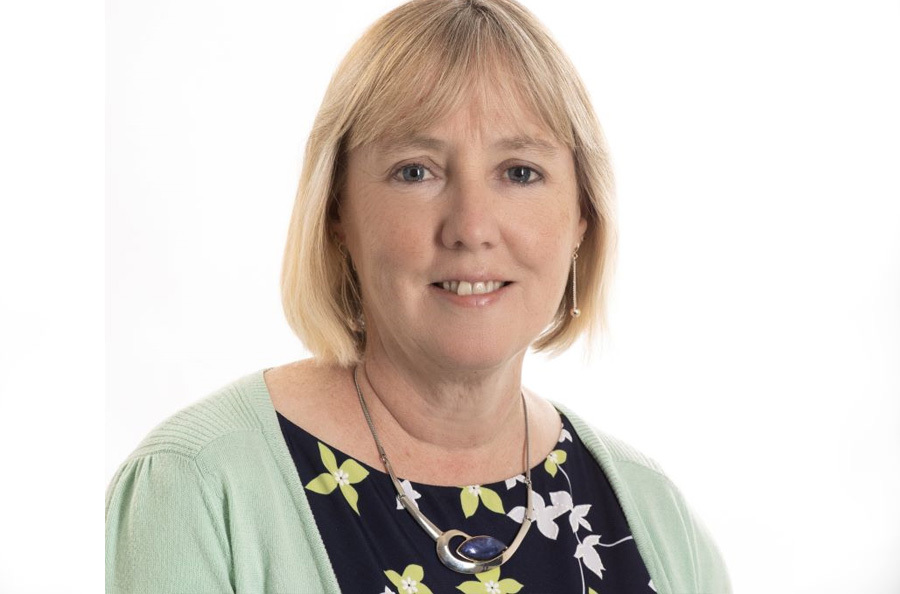Causes and risk factors of upper urinary tract urothelial cancer (UTUC)
What are risk factors?
There are certain things that can affect the chances of developing upper urinary tract urothelial cancer (UTUC). These are called risk factors.
Having a risk factor does not mean you will definitely get UTUC. And if you do not have any risk factors, you may still develop cancer.
If you are worried about cancer, have possible UTUC symptoms and would like to talk, you can:
- call the Macmillan Support Line on 0808 808 00 00
- chat to our specialists online.
Sex
Age
Related pages
Smoking
Related pages
Previous bladder cancer
Lynch syndrome
Aristolochic acid
Aristolochic acid comes from a plant and is sometimes used in herbal remedies. Taking aristolochic acid damages the kidneys and increases the risk of UTUC.
This is not a common cause of UTUC in the UK. The plant does not grow in the UK and products containing aristolochic acid are illegal in the UK. But it has been linked to cases of UTUC in southeastern Europe where the plant grows. And is has been linked to cases of UTUC in countries where it is still used in some herbal medicines.
About our information
This information has been written, revised and edited by Macmillan Cancer Support’s Cancer Information Development team. It has been reviewed by expert medical and health professionals and people living with cancer.
-
References
Below is a sample of the sources used in our UTUC information. If you would like more information about the sources we use, please contact us at informationproductionteam@macmillan.org.uk
Rouprêt M, Gontero P, Birtle A et al. European Association of Urology Guidelines on Upper Urinary Tract Urothelial Carcinoma. 2023. Available from https://uroweb.org/guidelines/upper-urinary-tract-urothelial-cell-carcinoma

Reviewer
Consultant Medical Oncologist & Honorary Associate Professor
University College Hospitals, London
Date reviewed

Our cancer information meets the PIF TICK quality mark.
This means it is easy to use, up-to-date and based on the latest evidence. Learn more about how we produce our information.
The language we use
We want everyone affected by cancer to feel our information is written for them.
We want our information to be as clear as possible. To do this, we try to:
- use plain English
- explain medical words
- use short sentences
- use illustrations to explain text
- structure the information clearly
- make sure important points are clear.
We use gender-inclusive language and talk to our readers as ‘you’ so that everyone feels included. Where clinically necessary we use the terms ‘men’ and ‘women’ or ‘male’ and ‘female’. For example, we do so when talking about parts of the body or mentioning statistics or research about who is affected.
You can read more about how we produce our information here.




